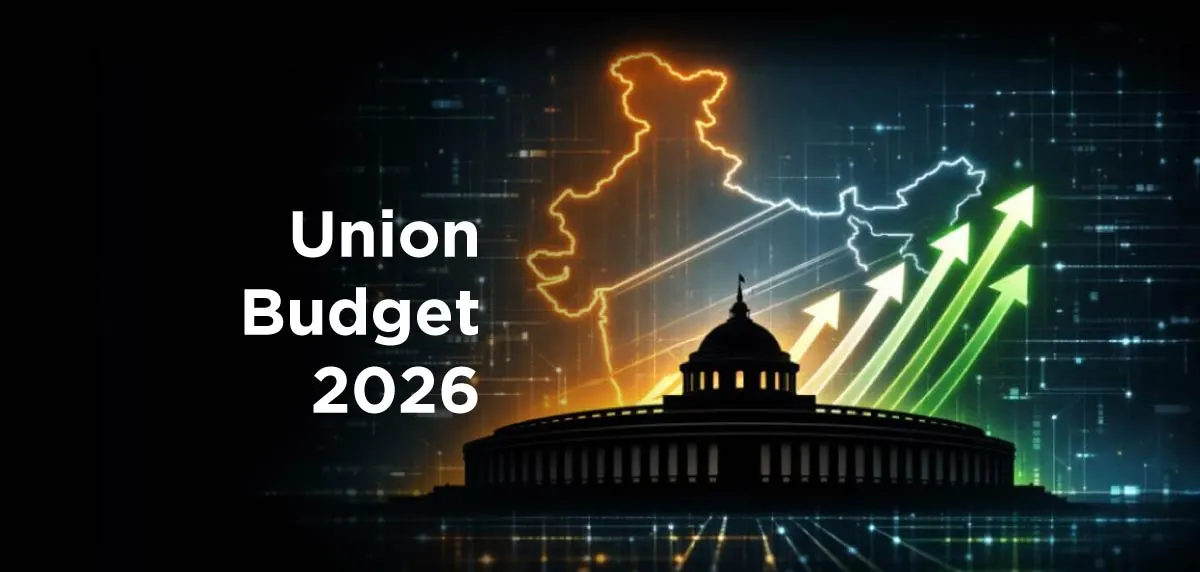Small changes can make a big difference, especially when it comes to personal finance. Creating a good financial habit and sticking to it consistently can help you organise your money, reduce debt, ensure higher savings, and more. As the new financial year dawns, it is the perfect time to make some financial moves that can set the tone for the coming year. From reviewing your life insurance needs to creating an emergency fund, here are 7 moves you should be making for a better, more financially secure 2025.
1. Revisit Your Budget
A good, well-designed budget is one of the key basics of financial planning. It ensures you are living within your means while also saving for future needs.
You can begin the budget revisit process by reviewing your current income, expenses, and financial goals. Look for avoidable expenses and areas where you can cut back and save. An effective way to do this is by maintaining a log of your personal expenses, either through an app or a simple spreadsheet. Doing this helps you identify patterns, avoid overspending, and stay on track with your financial targets.
2. Make Tax-Smart Decisions**
As an income-earning citizen of the country, you must pay taxes and file your Income Tax Return on time. To optimise your tax savings, it is important to understand the new income tax rules and create a smart financial strategy. Read up on the New Income Tax Bill 2025 to understand what impact it can have on your tax outgo.
In addition, also consider exploring various tax-saving investment options. Some common examples include ELSS funds, PPF, and NPS. These can not only reduce tax burden but also help you build wealth over time. It is also advisable to start early in the year since it gives your investments more time to grow.
3. Choose Investments According to Your Goals
While investing for tax-saving is a good idea, you should also consider your other goals. Make sure your investment strategy reflects your risk appetite as well as your life stage. For example, if you are nearing retirement, a shift towards safer investment avenues, like debt options, may make more fiscal sense. On the other hand, if you are young and do not have major responsibilities, you can create an equity-focused portfolio.
Having diverse investments also helps in reducing the risk attached to your portfolio and improves your chances of consistent returns over time. Also, read up on any fiscal policy shifts in Budget 2025 that may affect returns on your existing investments and make adjustments, if required.
4. Increase Insurance Coverage, if Necessary
A life insurance policy can bring in a sense of certainty when things take an unforeseen turn. It can provide financial support to your loved ones when you are no longer around.
If you haven’t already, consider buying life insurance online to secure your family’s future right away. It is possible that your loved ones’ needs may have changed. Or the rising inflation rates may lead to your existing sum assured becoming insufficient for your family’s needs. You can reach out to your insurer for assistance in increasing/modifying life insurance coverage. If it is not possible to modify the plan, you can consider buying a new plan. Make sure to compare different plans to choose the best policy for your life insurance needs. As your life changes, your insurance needs evolve. Hence, make sure your protection keeps pace with your circumstances.
5. Pay Off High-Interest Debt
Certain forms of debt, such as credit card balances and personal loans, can have high interest rates. If not taken care of, these debts can cause your personal finances to spiral out of control - especially when you miss repayments. So, this 2025, one of the smartest financial moves you can make is to focus on paying off these high-interest debts as soon as possible. It will not only reduce the amount of interest you pay in the long run, but it will also save you from accumulating debt and improve your credit score.
What’s more, by paying up your liabilities, you also free up your money for other important goals, such as investing or saving for future expenses.
6. Take Advantage of Government Reforms**
The government makes changes and introduces new policies to encourage better financial discipline amongst citizens. You should be updated with these changes/reforms to make informed choices. For instance, in the recent Budget 2025, the government introduced NPS Vatsalya, which is a scheme you can invest in for your child’s welfare. Investing in NPS Vatsalya allows you to claim a tax deduction of ₹50,000 in addition to the ₹1.5 lakhs deduction limit under Section 80C.
Another update to keep in mind is the new tax slabs for FY 2025-26 which are applicable to those who have opted for the new regime. If your income is up to ₹12.75 lakhs, the new tax slabs and rates can be ideal for you as your tax liability will be zero. By staying updated with government reforms like these, you can reduce your tax outgo and save more.
7. Build an Emergency Fund
One of the most overlooked yet important financial moves is to create or maintain an emergency fund. It can help you manage unforeseen expenses like medical emergencies or a sudden loss of income without having to opt for credit cards or loans. Ideally, an emergency fund should have enough to cover your expenses for at least 4-6 months. If you do not have an emergency fund, start small. Automate payments on a regular basis to ensure your fund keeps building slowly but steadily.
The importance of financial planning cannot be underestimated. Planning ahead can provide peace of mind and a better quality of life in the long run. The new financial year is a good time to revisit your finances and make the right moves to ensure financial stability and growth. So, whether it is enhancing your insurance coverage or paying off debt, start them right away. The sooner you start, the better the rewards of your planning will be.
** Tax exemptions are as per applicable tax laws from time to time.
























